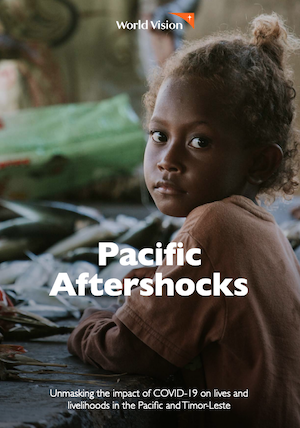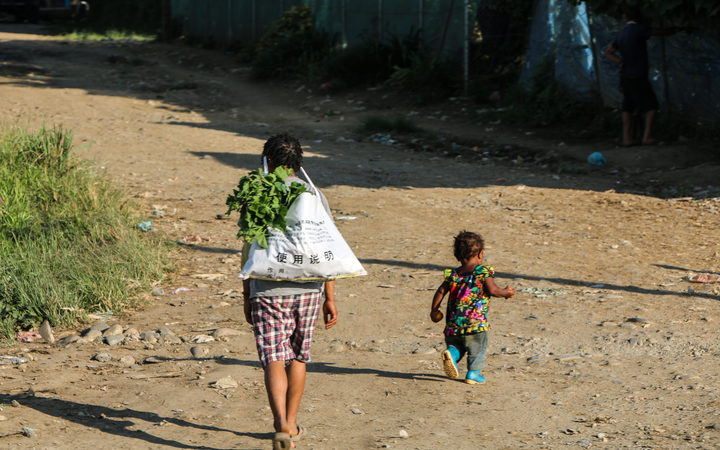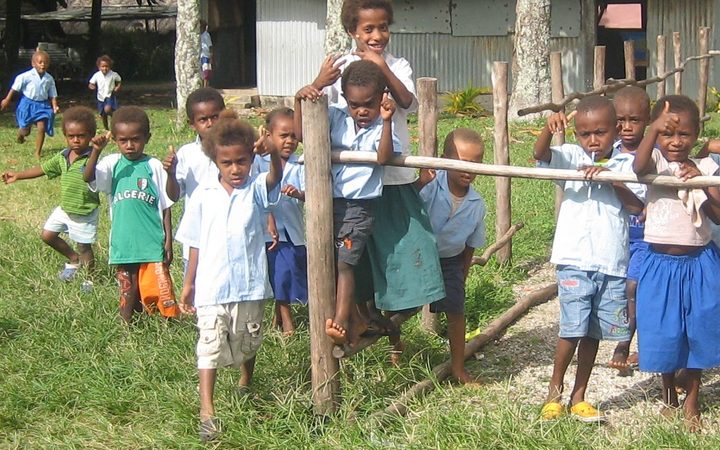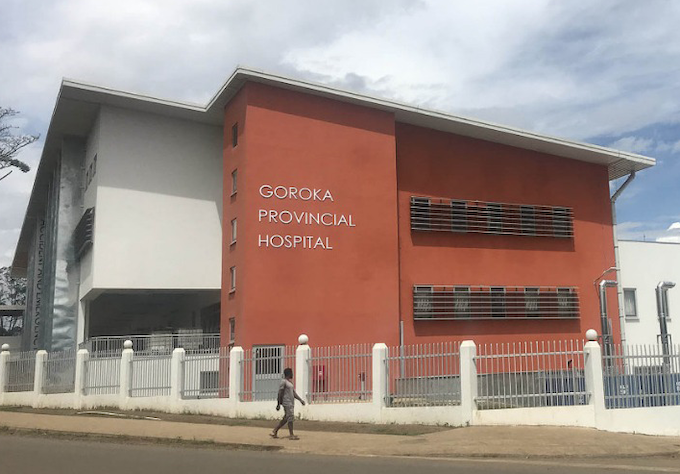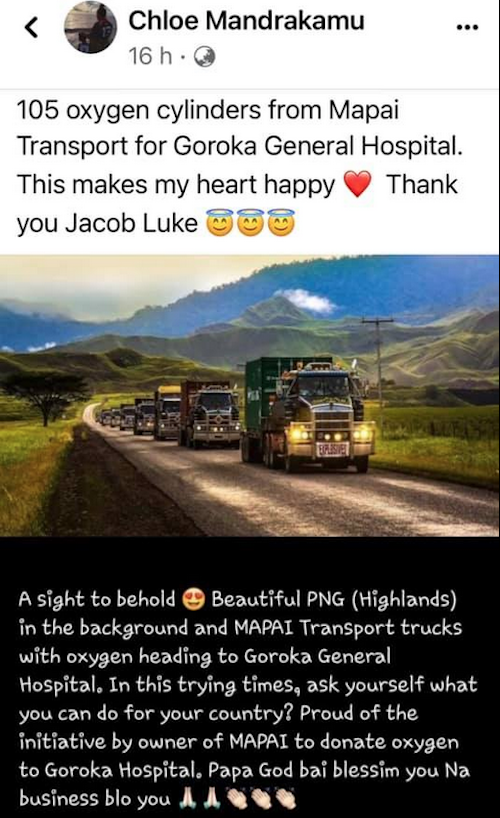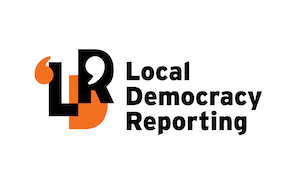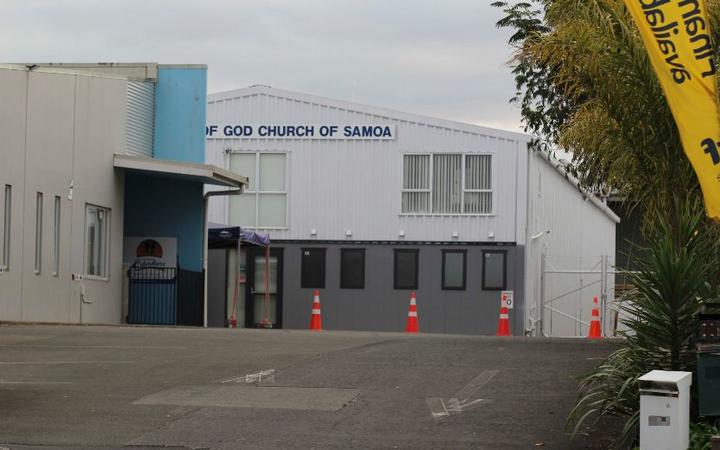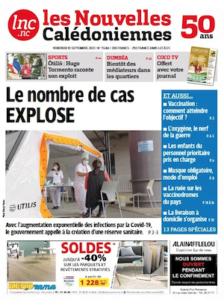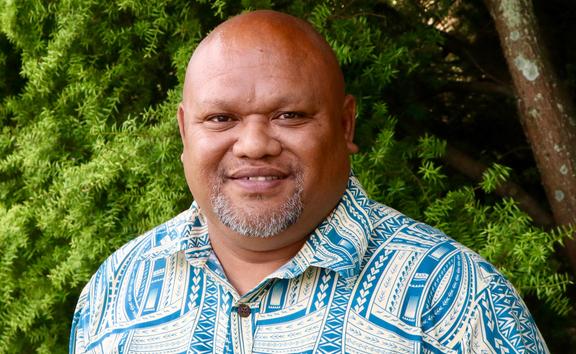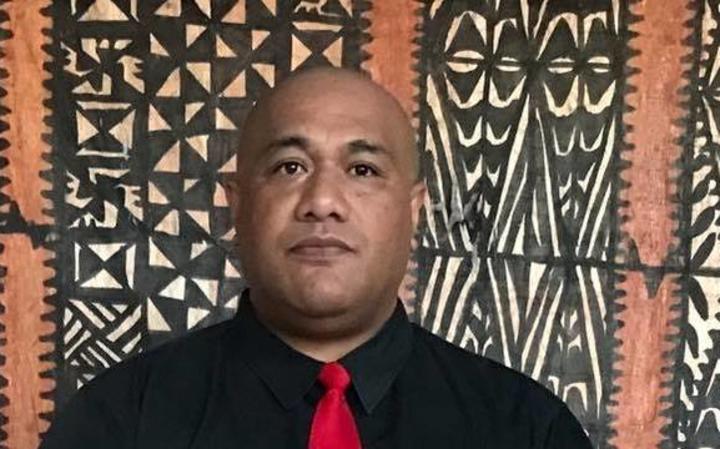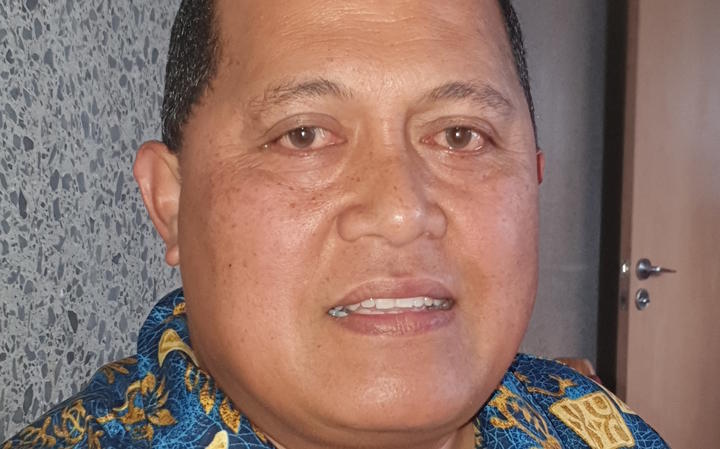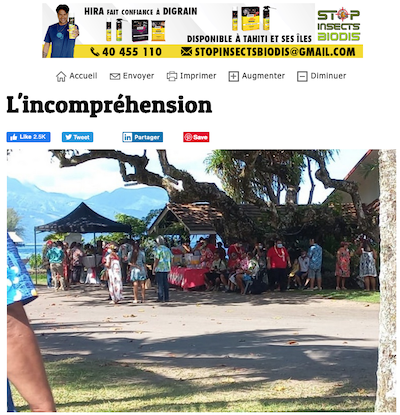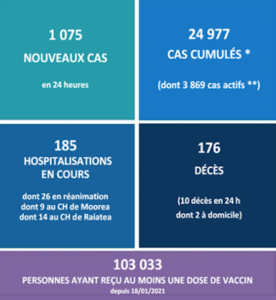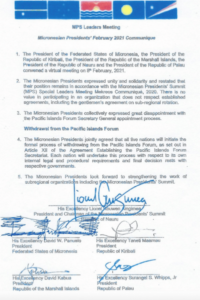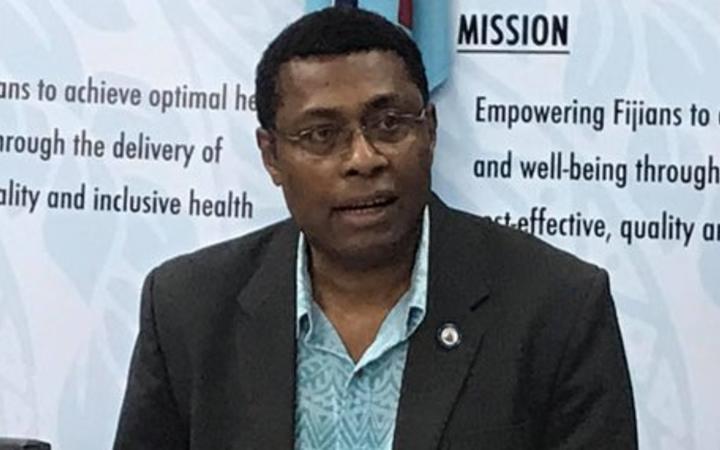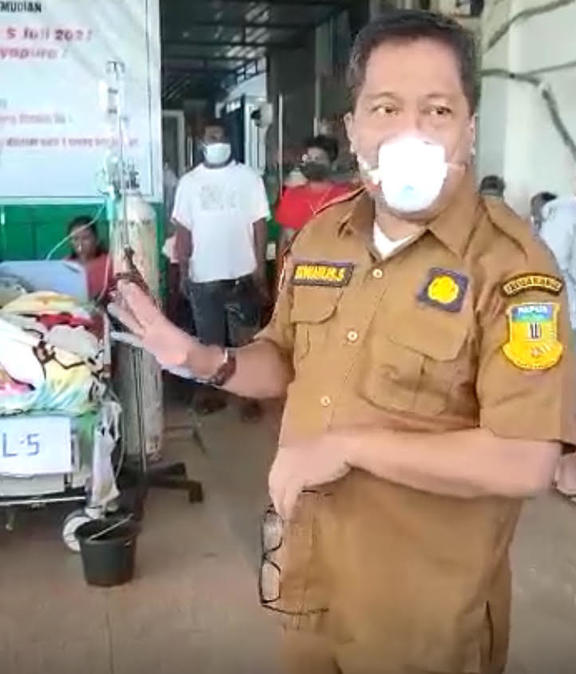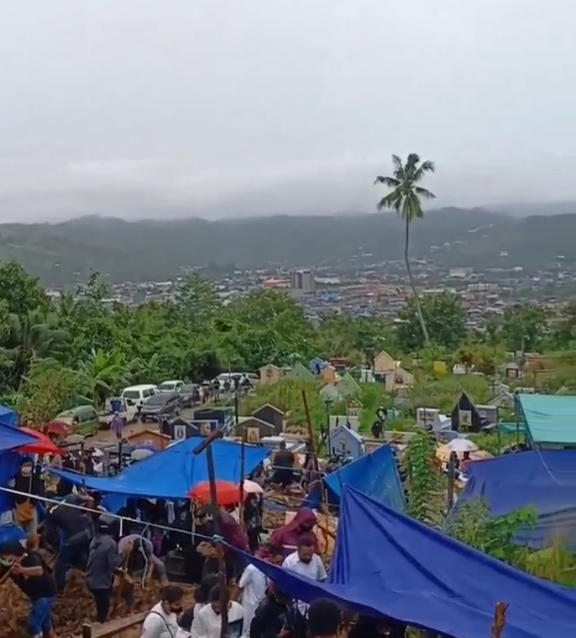COMMENTARY: By Glen Johnson
On August 17, a 58-year-old man from Auckland became symptomatic and tested positive for covid-19. It was New Zealand’s first community case of the coronavirus in almost six months.
Within hours, the nation of five million moved into alert level four, part of its “go hard, go early” approach. All travel outside of people’s homes was forbidden, except to fetch supplies, visit pharmacies or exercise.
The country largely ground to a halt.
“We have seen the dire consequences of taking too long to act in other countries, not least our neighbours,” said Prime Minister Jacinda Ardern, while announcing the cabinet’s decision to impose a lockdown that evening.
Within a few days, one case had grown to 21 cases. After a week, to 148 cases. By August 31, the cluster contained 612 cases.
Snap lockdown
One month after imposing the snap lockdown, New Zealand has bent the curve and may be able to eliminate an outbreak of the potent delta variant of COVID-19 – though it is no sure thing.
As of September 20, some 1051 people in Auckland and 17 people in the capital city, Wellington, have been infected with the virus, of whom 694 have recovered.
Contact tracers have methodically identified tens of thousands of contacts – and hundreds of locations of interest – part of an updated track-and-trace system repurposed to cast a much wider net around the far more transmissible delta variant.
The outbreak, now spread across 20 subclusters, 10 of which have been epidemiologically linked, presents the most serious challenge to elimination that New Zealand has faced so far. With its fragmented public health system under intense strain from decades of under-funding, any unchecked spread of the delta variant would see hospitals rapidly overwhelmed.
But New Zealanders rallied behind the restrictions, sticking to their “bubbles”, masking up and watching patiently as cases peaked, then began to decline – though the outbreak’s tail is proving persistent.
If the country does eliminate this outbreak, it would once again validate the “go hard, go early” approach that officials have taken over the past 18 months.
With Auckland moving yesterday to the more permissive alert level three, case numbers over the coming weeks will be closely watched for any sign of uncontained spread.
Entitlement and denunciation
Yet, as with previous outbreaks, the clamour from critics of the government started almost immediately, a chorus of whinge.
Business special interests laundered their messaging through an uncritical media – “certainty” they chanted, while pressuring for a move down alert levels.
“We also know that in lockdown Treasury has forecast it to cost the country NZ$1.45 billion per week – and that’s just the economic impact,” Canterbury Employers’ Chamber of Commerce chief executive Leeann Watson told broadcaster Newstalk ZB.
Incredibly, less than a week into lockdown, Export New Zealand executive director Catherine Beard complained to Stuff, the country’s most popular news website, that the business environment was getting “tough” for exporters, while lobbying for more managed isolation spots for business travellers – or self-isolation.
“Some of these are multimillion-dollar deals, so the situation is very stressful,” she said.
Some in the hospitality sector complained about limits on gatherings and threatened to withhold tax, while demanding “targeted” assistance from the government.
“Now it’s 100 percent [Ministry of] Health running the show,” said Hospitality New Zealand chief executive Julie White, according to Stuff. “No one is advising them commercially.”
Most New Zealanders would, presumably, prefer that the Health Ministry – as opposed to hospitality interest groups – responds to the threat presented by a lethal, airborne pathogen.
‘Glacial’ pace criticised
The “glacial” pace of the country’s vaccine rollout was also riffed off in headline after headline.
Perhaps, as the political opposition and reporters contend, the rollout has been “sluggish”.
Perhaps the government could have instructed the medical regulator Medsafe to conduct a less rigorous assessment of the Pfizer vaccine, under emergency protocols.
“Another [possibility] is,” Craig McCulloch, Radio New Zealand’s deputy political editor speculated, “that the government’s negotiators came late to the party, did a poor job and got a raw deal.”
Or perhaps soaring global demand amid the pandemic, Pfizer’s finite ability to supply vaccines to a vast suite of countries and New Zealand’s limited purchasing power and largely covid-free status explains the “delay”.
Certainly, the World Health Organisation has described vaccine hoarding by wealthy nations as approaching a “catastrophic moral failure”.
When Pfizer became able to deliver large shipments midway through July, New Zealand saw a dramatic scale-up in the vaccination programme, as officials had promised for months.
Rollout a success story
If anything, the nation’s rollout — a massive logistical undertaking — has largely been a success story, conducted in an environment of incredible uncertainty and reliant upon an already stretched workforce.
It has additionally played a key role in supporting vaccination efforts in the Cook Islands.
As of September 20, some 4,711,410 doses of the vaccine have been administered, tracking close to supply, with 1,618,673 people now fully vaccinated.
Amid the rising racket, the entitlement and denunciation, even commentators from abroad got in on the act.
Fox News host Tucker Carlson — agitating anti-lockdown sentiment — suggested that New Zealand provided a model for how his viewers would be subjugated by Joe Biden’s administration.
“How far can they go? […] A single covid case in New Zealand, not a death from covid, but a case of covid has shut down the entire country.”
Writing in Britain’s Daily Telegraph, one commentator called the outbreak “poetic justice” and claimed a “once-welcoming nation is turning into an isolated dystopia, where liberties are taken away in a heartbeat and outsiders are shunned”.
While these criticisms are couched in the language of defending civil liberties, they reduce to variants of the “learn to live with covid” argument.
Or put another way: “The cure cannot be worse than the disease”.
The economy must reign supreme, after all.
Sound familiar?
‘Needles in my eyes’
New Zealand’s elimination strategy relies on public buy-in. Recent polling shows that some 84 percent of the public supports the latest lockdown.
As with previous outbreaks, Ardern has used clear, empathetic language to reassure and unify an often politically divided nation. These briefings are held in Parliament’s theatrette and usually feature the Director-General of Health, Dr Ashley Bloomfield.
For many in New Zealand, the daily press briefings provide a detailed window into how authorities manage outbreaks and have been the most visible key to the elimination strategy’s success.
“To all Aucklanders, you have done an amazing job so far protecting yourselves, your family and your community,” Ardern said on September 13, while announcing that Auckland would stay in alert level four for another week. “We owe you a huge debt of gratitude … but the cases are telling us we have additional work to do.”
Voters rewarded Ardern’s Labour Party for this kind of humane approach and its exceptional management of the viral threat in the national elections last October, granting it an outright majority.
The political opposition judges these briefings a political threat, and routinely denigrates them as Ardern speaking from “The Podium of Truth”.
With the return of daily briefings on August 17, right-wing broadcasters and some journalists began to deride the briefings, at exactly the moment when trust in the authorities needed to be reinforced.
Undermining public perceptions
There is a difference between “holding power to account” and deliberately attempting, for purely partisan political reasons, to undermine public perceptions that the covid-19 response is being well managed.
“I tried, I really did, but I wanted to stick needles in my eyes by about four minutes in,” said Newstalk ZB’s Kate Hawkesby, the day after the return of the 1pm press conferences. “I’d forgotten how soul-destroying it is to be spoken to like a three-year-old.”
On the same station, Hawkesby’s husband, Mike Hosking, overdubbed turkey “gobbles” and truck horn sound effects onto an interview recorded with Associate Health Minister Dr Ayesha Verrall.
Newstalk ZB’s political editor, Barry Soper, in a report about an Auckland man whose kidney surgery was postponed due to staffing shortages, loaded his story’s preamble with phrases like “their altar” and “practise what they preach”.
He also issued a remarkable dog-whistle to New Zealand’s far-right, the kind of people who believe Ardern – a fairly mild political centrist – is turning the country into a “communist dictatorship”.
“If you have ever wondered what it must have been like to live in a totalitarian state, then perhaps wonder no more.”
This nonsense went on and on.
Moaning media
Some press gallery reporters began to complain about the length of Ardern’s introductions, while Jason Walls, a political reporter with Newstalk ZB, took to Twitter to moan about Dr Bloomfield saying “finally” two times.
This speaks to how the media has fundamentally misunderstood what the briefings are: public service announcements.
They are for the public. Reporters are invited as a check and, as such, should resist the urge to demand a say in how these announcements are structured.
Even The New York Times managed to launder messaging that targeted the briefings, quoting former National Party staffer and political commentator Ben Thomas – who appears fixated on denigrating Dr Bloomfield.
“He [Dr Bloomfield] has … a cult-like following,” said Thomas. “The country has a huge kind of parasocial devotion to him, which is very new to New Zealand.”
Apparently, Thomas has not heard of Michael Joseph Savage, who founded New Zealand’s welfare state in the 1930s and whose framed photo hung in homes throughout the country for decades.
Regardless, all of this is a fairly obvious partisan political effort, driven by both ideology and market dynamics.
Many reporters and commentators at New Zealand Media and Entertainment (NZME), which owns The New Zealand Herald and Newstalk ZB, seem unable to accept that their preferred political tribe is no longer in power.
More critically, in an age where the news media increasingly attempts to attract subscribers by catering to their social and political values, NZME appears to be ring-fencing centre-to-far-right eyeballs.
It is, essentially, becoming New Zealand’s Fox News.
A brave new world
The sense in New Zealand is that this may be the last of the nation’s sledgehammer-style lockdowns, though one hopes officials do not retire lockdowns altogether.
The goal is to get as many people as possible vaccinated, assess the impact of opening up, and then tentatively start easing some border restrictions, if possible.
No doubt, certain industries – tourism, hospitality, horticulture, media – will continue to apply relentless pressure.
Yet, when the nation reconnects more fully to the networks of global trade and travel, the super-highways of hyper-globalisation that have spread disease and death around the world, when the inevitable outbreaks come, there will be a toll.
Glen Johnson is an independent New Zealand journalist who worked as a foreign correspondent for 11 years, predominantly out of the Middle East and North Africa. His work has appeared in The Chicago Tribune, The Los Angeles Times, The New York Times, Rolling Stone, The Seattle Times, Vice, The Daily Telegraph, The Guardian, Reuters, Le Monde Diplomatique, Balkan Insight, Al Jazeera and The New Zealand Herald, among others. His article was first published by Al Jazeera English and is republished with the permission of the author.
This post was originally published on Asia Pacific Report.
